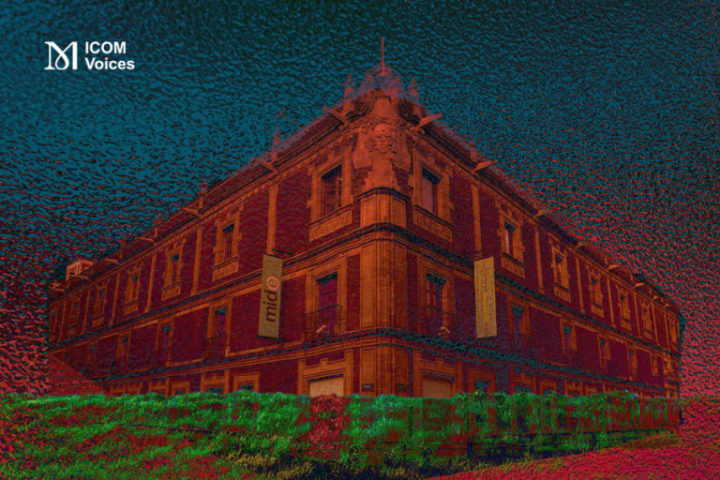
Gabriela Gil, Verenzuela
University Museum of Contemporary Art (MUAC-UNAM), Mexico; President ICOM Mexico
Museums have no borders,
they have a network
February 21, 2024
Keywords: training, development, museum space, Latin American region.
In the Latin American region, museological training has become a first-hand necessity. Although great efforts have been made by universities and learning centres, the academic offer, mainly present in large cities, is still scarce and has not been replicated in the peripheries.
Based on this premise, we welcome the initiative and implementation of the Training Workshop for Museum Professionals from Latin America and the Caribbean, which took place in Mexico City from 16 to 20 October 2023. This was a joint effort of the ICOM Capacity building and Museums and Society department in close collaboration with ICOM Mexico, ICOM LAC and ICOM MPR.
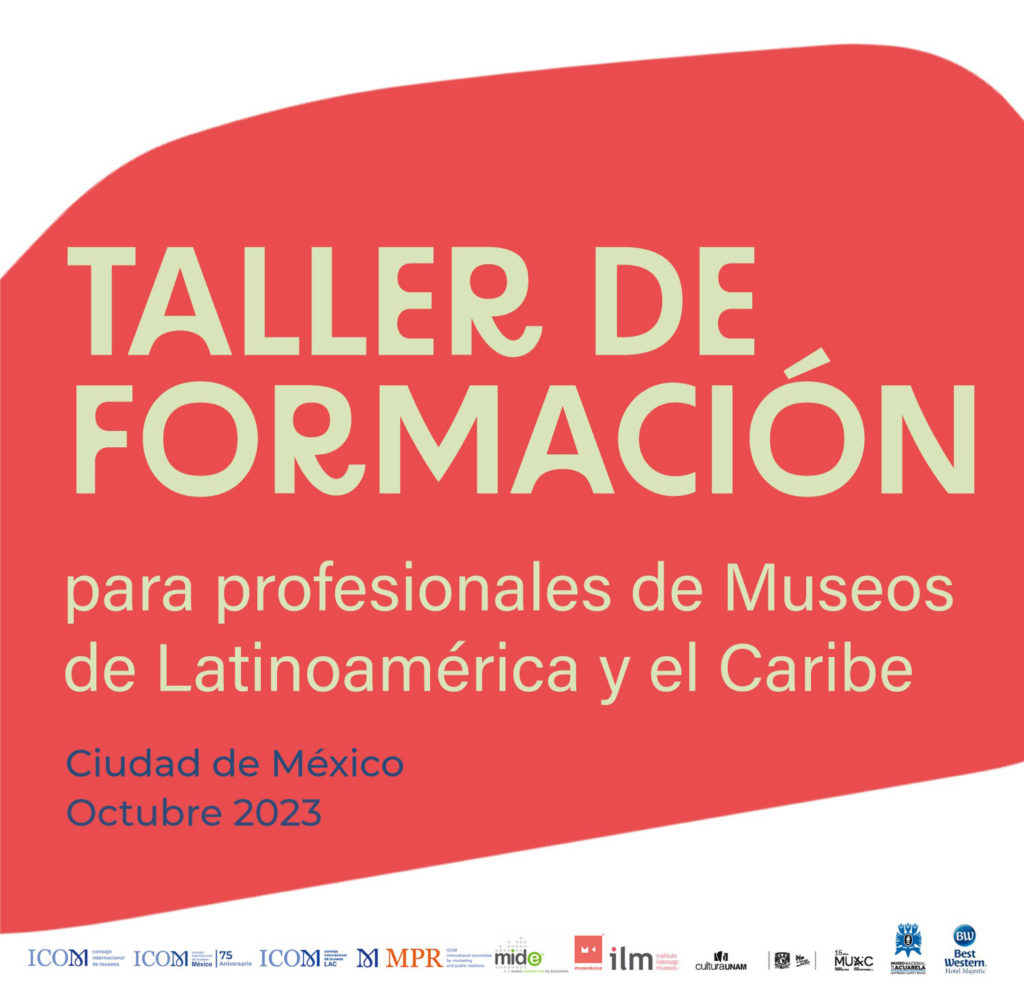
Fig. 1. Design by Anapaula García-Soto for ICOM
Latin American museum professionalisation as a driving force for development
Museum professionals in the Latin American region face similar challenges, but also face issues that are specific to the particular geographical contexts of the museums in which they work. In order to address these multiple realities, at the end of 2022 ICOM Mexico carried out a survey of training and capacity building needs in the country’s museums, the results of which were compared with some other similar surveys carried out in the region. From these enquiries, 3 themes of common interest that needed to be developed emerged:
After identifying the main training needs of museum professionals, we began meticulously planning the workshop. We collegially and inclusively set up the network of museum professionals who would participate and help us to achieve a high-level training programme.
It was clear to us that the training should be in the language of the region and, if possible, with a broad participation of museum professionals from the Latin American and Caribbean region.
We then issued a Call for applications: we received 98 applications from 18 countries in the region.
For one week, 30 participants from 12 countries in the Latin American region were involved in an intensive training process that allowed them to get to know other museum realities, discover concerns similar to their own and to learn from their diverse experiences. They discovered other ways of carrying out their museum practices in terms of communication, marketing and audience development.
The methodology of the workshop was based on action-participation. The participants, before meeting in person, were previously in contact with the facilitators and developed group presentations in which they presented case studies of some museums previously selected by the facilitators, sharing the successes, shortcomings and challenges of the experiences presented.
From the first day, they worked on real cases and conducted interviews. This resulted in audience studies of five museums in Mexico City, which allowed the participants to compare the realities of visitors and to develop different strategies in the development of museum audiences.
Among the main theoretical contents, the following topics were addressed: ‘Museums: an overview of the major transformations in recent decades’; ‘Thinking museums as spaces of contingency’ and ‘Critical dimensions of mediation as a tool for audience development. From New museology to post-critical museology’.
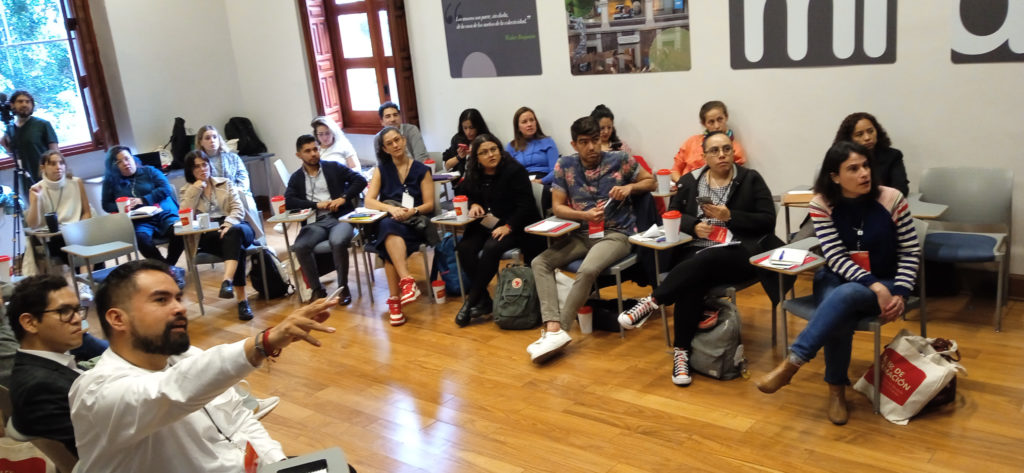
Fig. 2. Workshop participants. © ICOM Mexico
Undoubtedly, the capable and attentive guidance of the specialists who presented the contents during that week achieved the desired result: a high level of satisfaction and a cohesion and interdisciplinarity in topics covered.
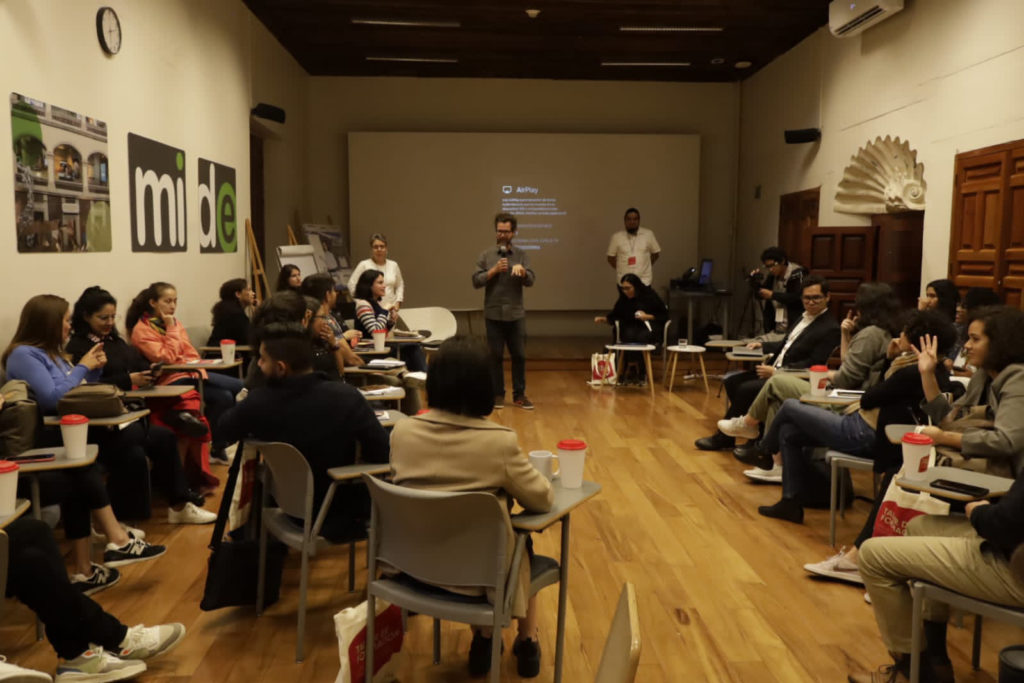
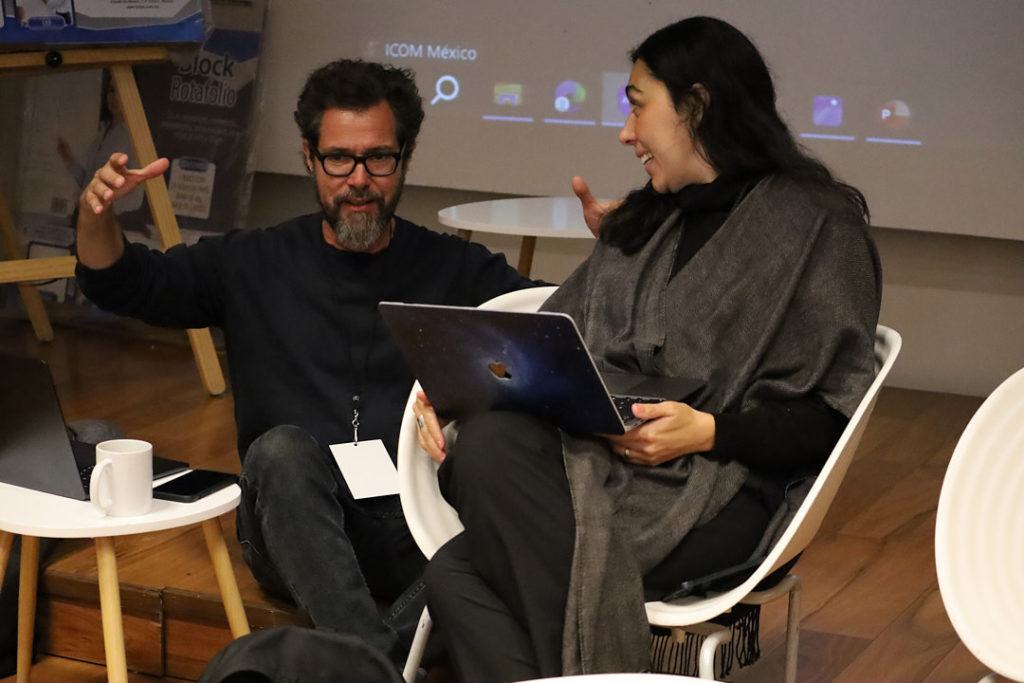
Fig. 3. and 4. Workshop facilitators: Luis Marcelo Mendes and Mónica Amieva. © ICOM Mexico
Museums are inexhaustible spaces for knowledge production, but also for encounters and debates; they are spaces for socialising and making visible the unthinkable, the unimaginable.
Achieving, through a training programme, ‘the improvement of museum practices and the promotion of professional cooperation between institutions’ is one of the greatest challenges of the International Council of Museums, but it is also one of the most gratifying rewards for those of us who firmly believe that through lifelong learning we are weaving a better future.
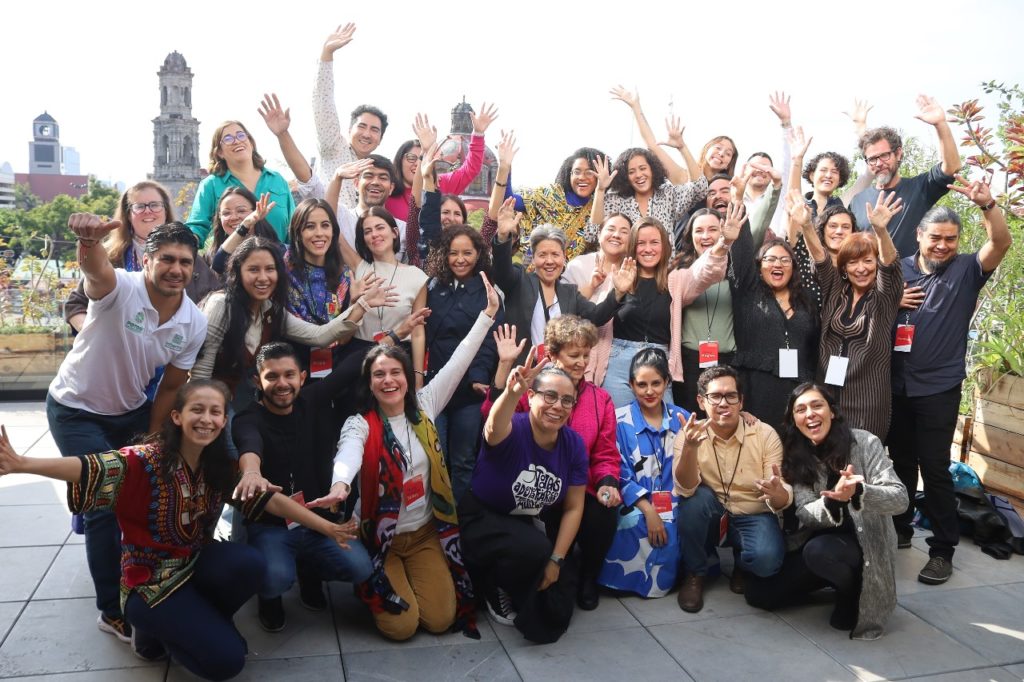
Fig. 5. Workshop participants and organisers. © ICOM Mexico
